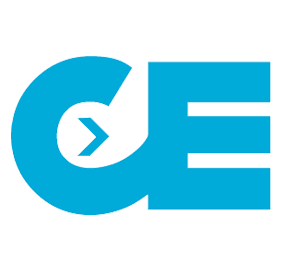
Anthony Coletti & Joe Martino – Collective Evolution: #298
What You Will Hear
- 0:00 – Cool Fact of the Day
- 1:00 – Introducing Anthony Coletti & Joe Martino
- 3:34 – Anthony’s survival story
- 14:20 – Anthony’s connection with Collective Evolution
- 18:00 – Joe’s path to Collective Evolution
- 22:45 – Following your passion
- 25:45 – Collective Evolution’s future plans
- 28:51 – Gaining self-awareness
- 36:10 – Poo-powered planes & sharing odd content
- 43:57 – Social media vs. face-to-face contact
- 48:04 – Intuition
- 53:23 – Top 3 recommendations for kicking more ass and being Bulletproof!
Featured
Collective Evolution on Instagram
Collective Evolution on Facebook
Anthony’s story at the Bulletproof Conference
How to Change Your Life TedX Talk
Resources
Bulletproof
Questions for the podcast?
Leave your questions and responses in the comments section below. If you want your question to be featured on the next Q&A episode, submit it in the Podcast Question form! You can also ask your questions and engage with other listeners through The Bulletproof Forum, Twitter, and Facebook!
Subscribe To The Human Upgrade
In this Episode of The Human Upgrade™...
BOOKS
4X NEW YORK TIMES
BEST-SELLING SCIENCE AUTHOR
AVAILABLE NOW
Smarter
Not Harder
Smarter Not Harder: The Biohacker’s Guide to Getting the Body and Mind You Want is about helping you to become the best version of yourself by embracing laziness while increasing your energy and optimizing your biology.
If you want to lose weight, increase your energy, or sharpen your mind, there are shelves of books offering myriad styles of advice. If you want to build up your strength and cardio fitness, there are plenty of gyms and trainers ready to offer you their guidance. What all of these resources have in common is they offer you a bad deal: a lot of effort for a little payoff. Dave Asprey has found a better way.








